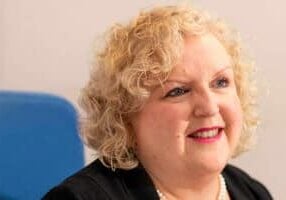Family & Divorce
What is a Child Arrangement Order?
If you have been involved with custody and contact arrangements concerning children in the family courts, you may have been accustomed to the ‘traditional’ residence and contact orders.
The custom model would be that the child would live one parent, who would usually be the primary carer for the child, they would then spend time with the other parent, as defined in a contact order.
Traditional arrangements for children used to mean that the children live with one parent, who had ‘custody’ of the children, and the other was given ‘access’. This gave the impression of one parent having more power over the children than the other.
Shared care orders have become more popular over the recent years and the courts have embraced this. The idea is that the child will have two primary homes. Many parents assume that the child would spend an equal amount of time with each parent. A lot of separating parents assume that shared care will be on a 50/50 basis so that they both have equal rights over the child.
A shared care order does not necessarily mean that the child will spend an equal amount of time with both parents. The focus should be on the quality of the time the children spend with each parent, including downtime as well as daily routine. Even if care is not shared equally, both parents will still have equal rights. The law now refers to ‘Child Arrangements’ – a shift from one parent having control to co-parenting. This reflects modern day parenting where both parents share responsibility for their children, whether living together or separately.


















Esra Dogan, a Solicitor in our family team, said:
“The shared care arrangement may benefit families where both parents are working full time. However, splitting a child’s time between two homes which are antagonistic and unsupportive of each other may be inconsistent with the welfare of a child.
There is never a ‘one model fits all’ in family matters. We are here to help you achieve the arrangements that will work best for your family. Why not contact our team of specialist lawyers for a free 40 minutes consultation on 01708 784000.”